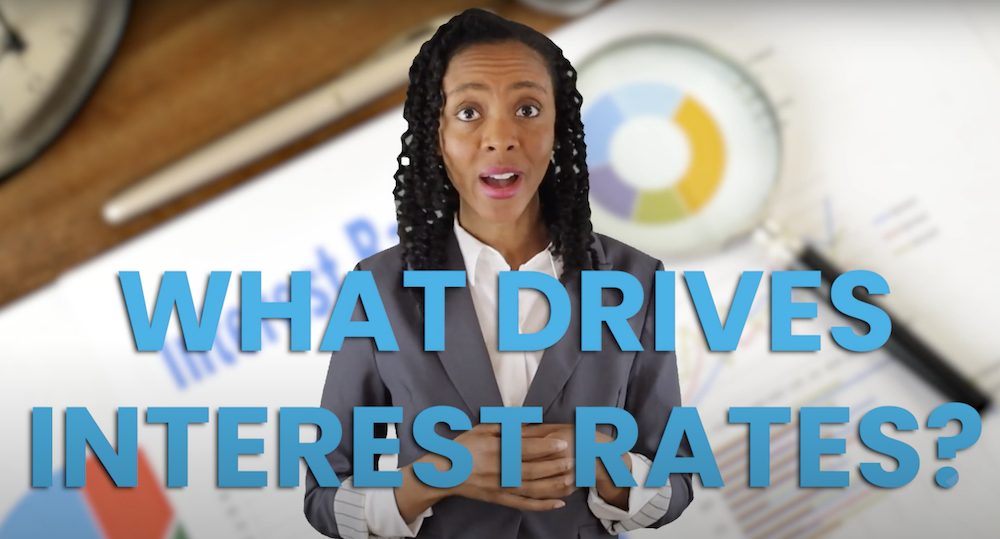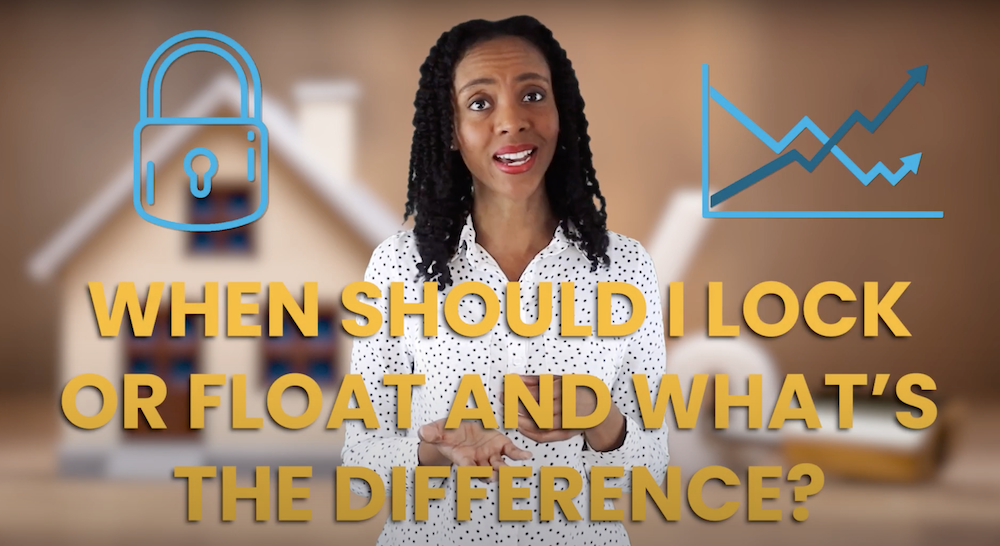Home Loans
BUY A HOME
REFINANCE A HOME
LOAN OPTIONS
BUILD A HOME
VA LOANS
Find an Expert
By entering your information and clicking “submit," you agree that American Pacific Mortgage may call/text you about your inquiry, which may involve use of automated means and prerecorded/artificial voices. You do not need to consent as a condition of buying any property, goods or services. Message/data rates may apply.
Someone will be in contact with you shortly.
How is your credit?
Estimating your score will not harm your credit and will help us provide a range of available rates.
By entering your information and clicking “submit," you agree that American Pacific Mortgage may call/text you about your inquiry, which may involve use of automated means and prerecorded/artificial voices. You do not need to consent as a condition of buying any property, goods or services. Message/data rates may apply.
Someone will be in contact with you shortly.
By entering your information and clicking “submit," you agree that American Pacific Mortgage may call/text you about your inquiry, which may involve use of automated means and prerecorded/artificial voices. You do not need to consent as a condition of buying any property, goods or services. Message/data rates may apply.
Someone will be in contact with you shortly.
Applying with
is a breeze
To begin, you will need to create a secure account.
After you’ve created an account, you will enjoy:
- Secure loan application & document exchange
- Ability to pause and resume where you left off
- Updates on your application
- Capability to e-sign documents
- Easy access to resources






